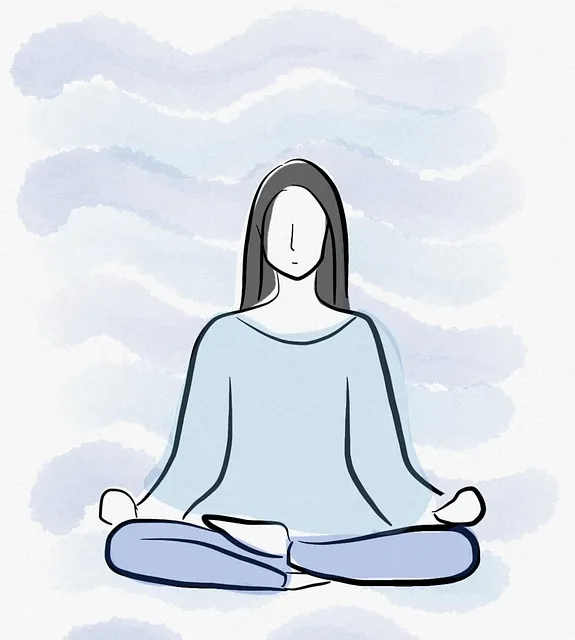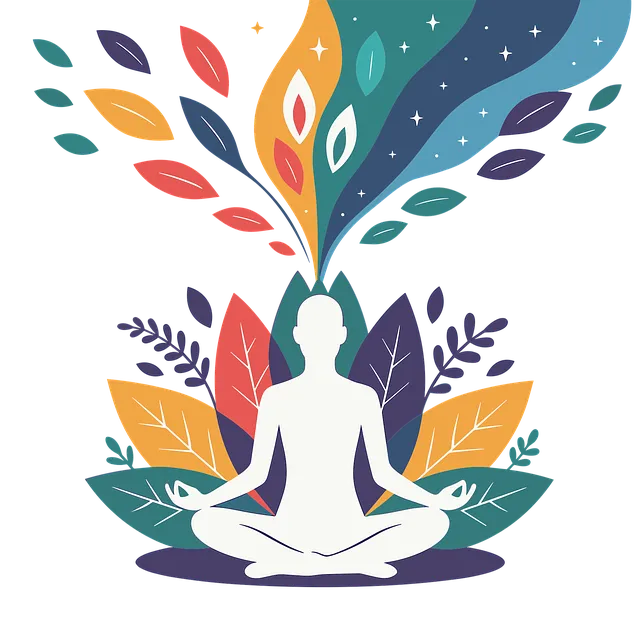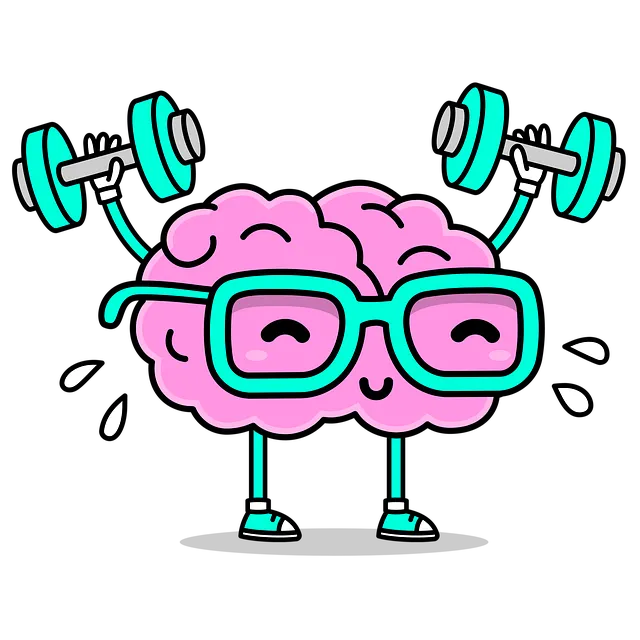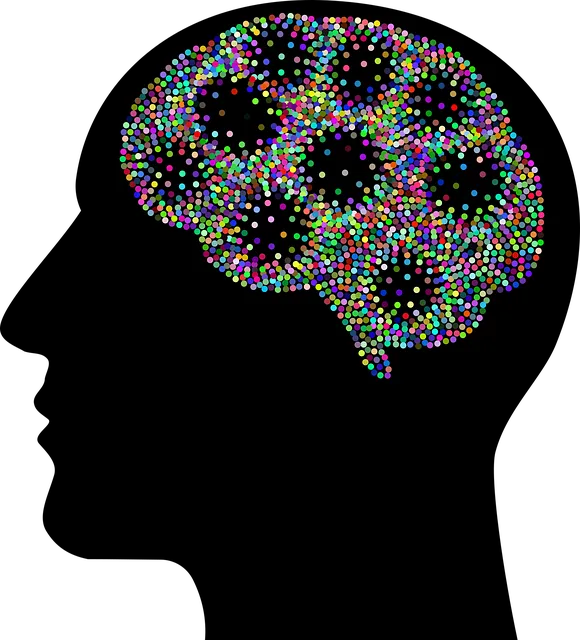Understanding and prioritizing mental health is key to creating an effective self-care routine, especially with resources like Englewood and Kaiser. This involves tracking moods and behaviors, recognizing physical cues, and managing social triggers through practices like journaling, exercise, mindfulness meditation, and social skills training. Combining professional interventions with personal rituals offers a holistic approach, leveraging healthcare providers' guidance while cultivating mental wellness through physical activity and a supportive environment. Englewood residents can access valuable tools from Kaiser to navigate mental health challenges effectively.
Developing a robust mental wellness self-care routine is essential for maintaining overall wellbeing. This guide, inspired by resources from Englewood and Kaiser, walks you through understanding your unique mental health needs, identifying triggers and symptoms. We explore evidence-based practices like mindfulness, meditation, and physical activity, offering strategies to build a supportive environment tailored to your mental health. Discover how Englewood and Kaiser’s insights can empower you to take control of your mental wellness journey.
- Understanding Your Mental Health Needs: A Guide to Identifying Triggers and Symptoms (Englewood, Kaiser)
- Building Blocks of a Self-Care Routine: Essential Practices for Daily Wellbeing
- Exploring Relaxation Techniques: Mindfulness, Meditation, and Their Impact on Mental Health (Kaiser)
- Incorporating Physical Activity: The Role of Exercise in Enhancing Mental Wellness (Englewood)
- Creating a Supportive Environment: Designing Your Space for Optimal Mental Health (Kaiser)
Understanding Your Mental Health Needs: A Guide to Identifying Triggers and Symptoms (Englewood, Kaiser)

Understanding your mental health needs is a crucial first step in developing an effective self-care routine, especially when seeking help from resources like Englewood or Kaiser. Identifying triggers and symptoms can provide valuable insights into what supports and challenges your mental wellness. This process involves introspection and awareness of your emotional and psychological state. Keep a Mental Wellness Journal to track moods, thoughts, and behaviors over time—a practice that offers Mental Wellness Journaling Exercise Guidance and can help uncover patterns or stressors.
Pay attention to physical cues too, as they often mirror mental states. For example, increased heart rate or insomnia might signal anxiety or stress. Moreover, being mindful of social interactions and environments can be part of your risk management planning for mental health professionals. Recognizing social triggers—such as certain people or places that induce negative feelings—is essential, prompting you to consider strategies like practicing Social Skills Training techniques to navigate these situations more effectively.
Building Blocks of a Self-Care Routine: Essential Practices for Daily Wellbeing

Developing a mental wellness self-care routine is akin to building a sturdy foundation for your overall wellbeing. Just as Englewood provides essential services for physical health, Mind Over Matter principles offer guidance for nurturing your mind and emotions. Start by incorporating simple yet powerful practices into your daily life. Regular exercise, for instance, releases endorphins that can alleviate stress and enhance mood, while mindful meditation practices help in emotional regulation, a key aspect of burnout prevention.
At Kaiser or any healthcare provider, you might find resources tailored to mental health support. These can include therapy sessions, counselling services, or community programs aimed at fostering resilience. Combining these professional interventions with personal self-care rituals creates a holistic approach to mental wellness. Prioritize activities that recharge your spirit—whether it’s spending time in nature, engaging in creative outlets, or practicing deep breathing exercises. By consistently dedicating time for self-reflection and nurture, you empower yourself to navigate life’s challenges with greater ease.
Exploring Relaxation Techniques: Mindfulness, Meditation, and Their Impact on Mental Health (Kaiser)

Englewood residents seeking to improve their mental wellness can turn to various relaxation techniques, such as mindfulness and meditation, which have been proven effective by Kaiser. Mindfulness involves focusing on the present moment, accepting it without judgment, and cultivating awareness of one’s thoughts and feelings. This practice has been linked to reduced stress, improved mood management, and enhanced overall mental health.
Meditation, another powerful tool in the mental health arsenal, encourages individuals to quiet their minds and cultivate a sense of calm. Regular meditation can help individuals develop better coping mechanisms for dealing with life’s challenges. Englewood residents interested in exploring these techniques can find numerous resources through local healthcare providers or online platforms. Increasing mental health awareness, coupled with proper cultural competency training for healthcare providers, ensures that everyone has access to the support they need for optimal mood management.
Incorporating Physical Activity: The Role of Exercise in Enhancing Mental Wellness (Englewood)

Incorporating regular physical activity into your self-care routine is a powerful way to enhance mental wellness, as backed by evidence from organizations like Kaiser in Englewood. Exercise releases endorphins, often referred to as “feel-good” hormones, which can reduce stress and improve mood. Whether it’s taking a brisk walk, joining a yoga class, or hitting the gym, physical activity provides an outlet for tension and promotes better sleep, two key factors that contribute to improved mental health.
The Stress Management Workshops Organization highlights that exercise also boosts self-esteem and provides an opportunity for social interaction, which is especially important for those seeking mental health help in Englewood. By incorporating physical activity into your daily or weekly schedule, you’re not only investing in your body but also cultivating a healthier mind. Remember, consistent practice of self-care practices, including regular exercise, can significantly contribute to maintaining and improving your mental wellness.
Creating a Supportive Environment: Designing Your Space for Optimal Mental Health (Kaiser)

Creating a supportive environment is a key component of developing a robust mental wellness self-care routine. Your physical space can significantly impact your mental health and overall well-being, making it essential to design an engaging and healing atmosphere in your home or workplace. According to Kaiser, achieving this involves incorporating elements that promote comfort, organization, and positivity. Consider turning your space into a sanctuary by decluttering and organizing your surroundings, adding personal touches with plants or artwork, and ensuring adequate natural light and fresh air circulation.
Englewood residents seeking mental health support can benefit from these practices as part of their self-care journey. Utilizing resources like the Mental Wellness Podcast Series Production or Crisis Intervention Guidance can further enhance one’s understanding of creating therapeutic spaces. By combining professional insights with personal creativity, individuals can cultivate an environment that fosters positive thinking and serves as a solid foundation for managing stress and emotional well-being.
Developing a comprehensive mental wellness self-care routine is a powerful tool for managing and improving your mental health. By understanding your unique needs through identifying triggers and symptoms (as guided by Englewood and Kaiser), you can create a personalized approach. Integrating essential practices like relaxation techniques, mindfulness, meditation, physical activity, and a supportive environment, as explored in this article, can significantly enhance your overall wellbeing. Remember, both Englewood and Kaiser offer valuable resources on how to get mental health help, empowering individuals to take charge of their mental wellness journey.






